RAAF crews offered counselling after encountering Chinese fighter jets
Australian pilots and aircrew members are offered counselling after encounters with Chinese fighter jets over the South China Sea.
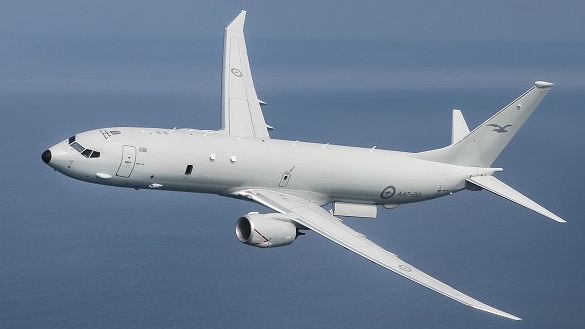
Australian pilots and aircrew members are offered counselling after encounters with Chinese fighter jets over the South China Sea such as last year’s dangerous incident in which flares and “chaff” were fired close to an RAAF surveillance plane.
Amid fears a misunderstanding or pilot error could escalate into conflict, The Australian can also reveal that the government forewarns Chinese authorities ahead of RAAF freedom of overflight operations in the contested region.
There is no military-to-military contact between the two countries, leaving the required engagement to Australian diplomats.
The aggressive May 26, 2022, challenge was the worst the RAAF has encountered in decades of South China Sea patrols, suggesting it was a miscalculation by the Chinese pilot.
Air Commander Darren Goldie, whose role includes ensuring the RAAF’s operational readiness, said Australian aviators were extensively briefed before and after operations, especially those in contested South China Sea airspace. “When it comes to deploying, as we’ve seen, (given) the operational environment change, … the actual force preparation we do for our crews, both before deployment and after deployment, has continued to evolve,” Air Vice-Marshal Goldie said.
“The mental health of our aviators and people … coming in contact with things like intercepts or challenges on the radio – it's important that when we bring them back, we talk to them about the experience and we talk to them about what services are available, should they be troubled by the experience.”
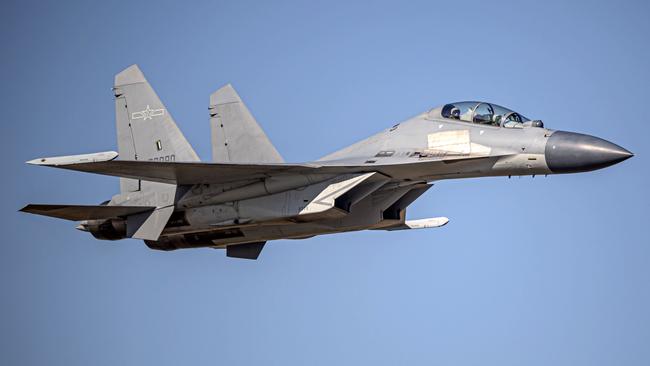
Australia lodged a furious protest with Beijing over the dramatic mid-air incident last year when a Chinese J-16 fighter fired flares alongside the RAAF P-8A and released chaff directly in front of the Australian aircraft.
Months earlier, in February last year, a Chinese ship in the Torres Strait shone a powerful laser at another P-8A in a move that risked dazzling the Australian aircrew.
It’s understood senior air force leaders are particularly concerned about the welfare of aviators who are not in the pilot’s seat because they have less control in tense situations.
Chief of Air Force Robert Chipman said Australia would continue operating over the South China Sea, which China considers its own in a claim that violates UN law. “We’ve been up there to maintain our understanding of what’s happening in the region, and to make sure we preserve our rights … to ensure that there is no erosion of international rule in the South China Sea,” he said.
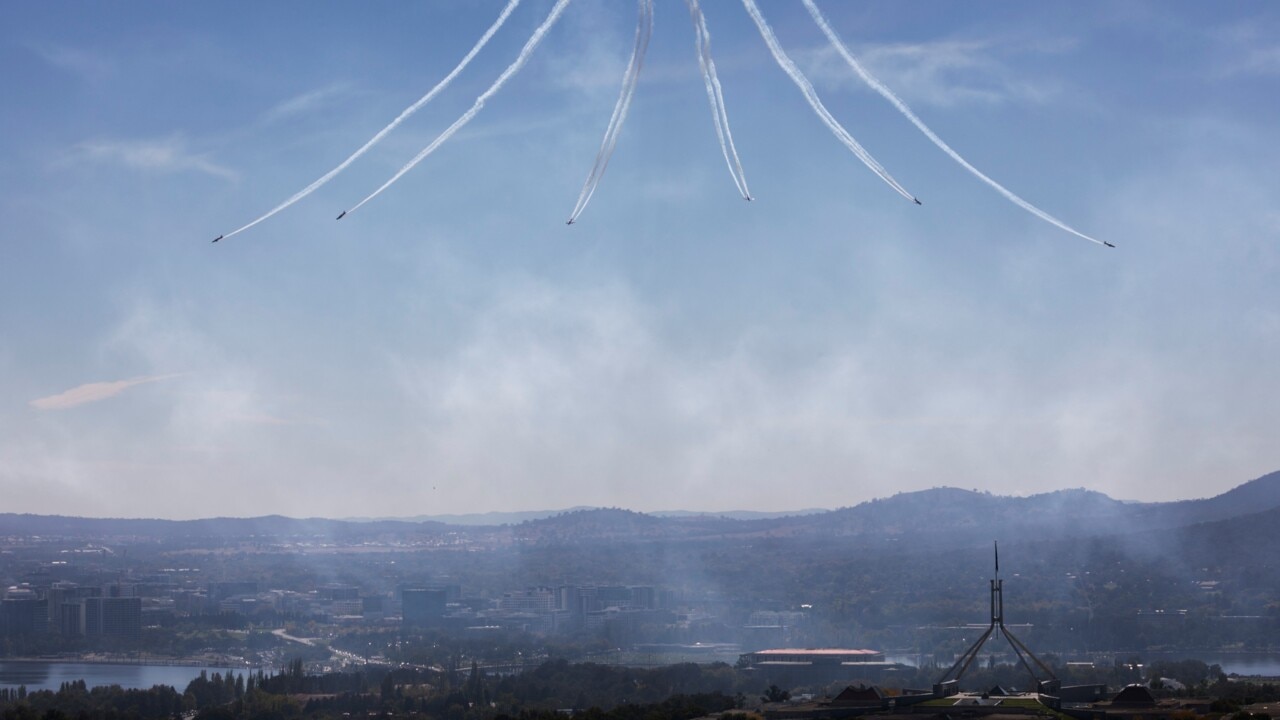
Air Marshal Chipman said the “vast majority of interactions” Australian aircraft had with those of other nations were “safe and professional”, but in recent years, such encounters had become more dangerous. “There has been a trend recently where we have seen a more aggressive posture set.
“When that occurs, then we raise those issues, raise our concerns, through diplomatic channels,” he said.
“We’re very aware of how nations are interacting with each other, with our allies and with partners.”
Meanwhile, Air Marshal Chipman said there was “no question” the RAAF could operate next-generation B-21 stealth bombers if the aircraft was on the Albanese government’s shopping list in the defence strategic review.
Defence Minister Richard Marles has flagged the acquisition of new long-range strike capabilities, saying the looming defence overhaul would deliver “impactful projection”.
Air Marshal Robert Chipman said: “I have full confidence in the professionalism and capability of our aviators to operate any platform.”



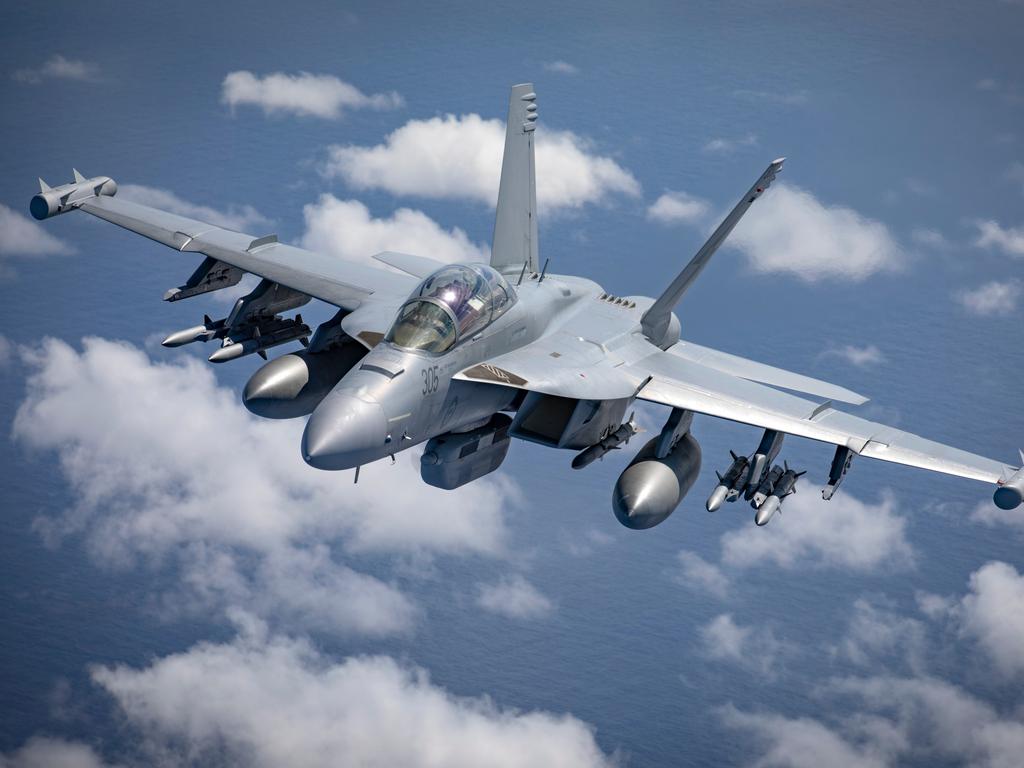
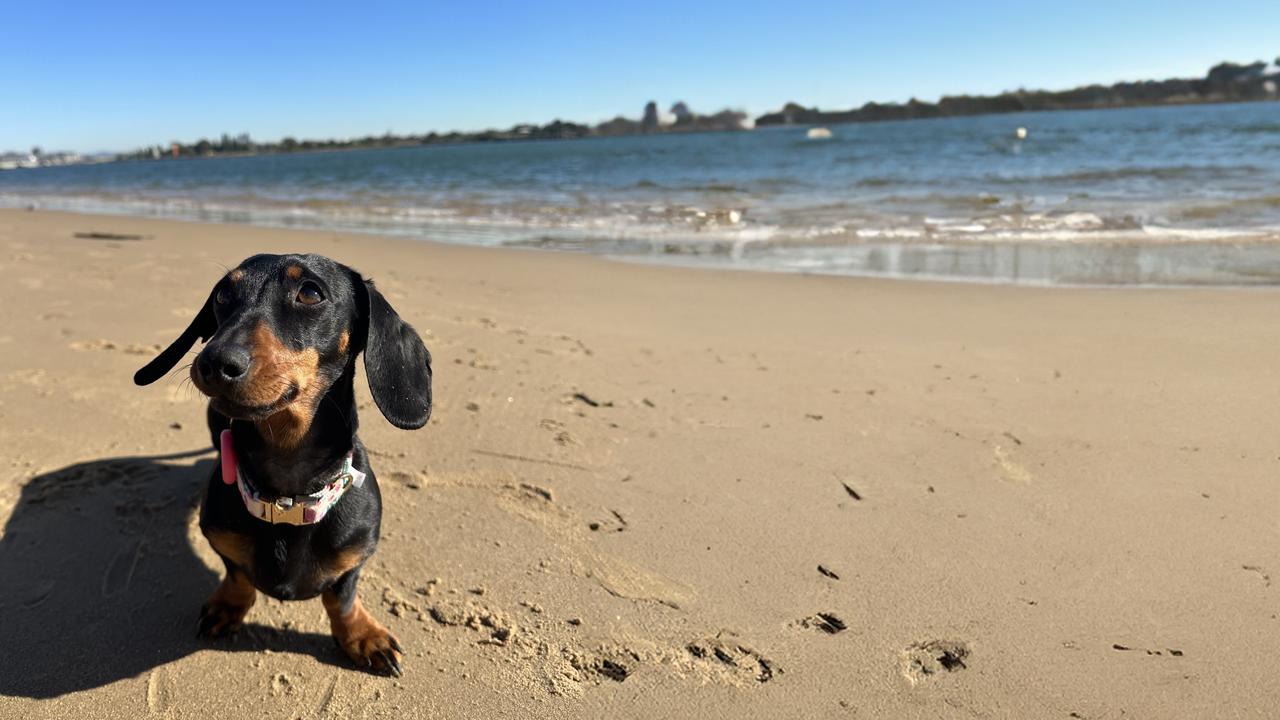

To join the conversation, please log in. Don't have an account? Register
Join the conversation, you are commenting as Logout